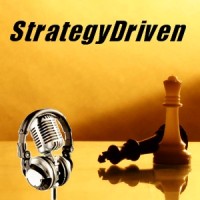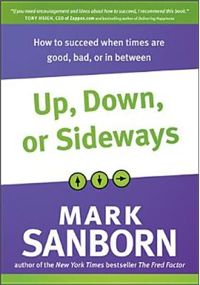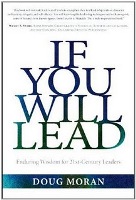The phone is smart. How smart is the user?
Have you noticed the shift in human focus and concentration?
Sitting in the lobby of the Public Hotel in Chicago, there are about 50 people sitting and milling around, engaged in some form of interaction – primarily WITH THEMSELVES.
Oh, there are others with them, but these people are head down on their phones. I’m sure you have both seen them and been one of them.
Maybe you’re even reading this on your mobile device right now!
Guidelines of phone use have significantly changed because of technology availability. Five years ago (before the launch of the game-changing iPhone), all you could do on a phone was send and receive calls – and painfully text. Remember your early texts – a-b-c-(oh crap)-2. That was a technological EON ago.
Cellular phones are smart these days. Most of the time, they’re smarter than their user. They are as much ‘app’ driven, as they are talk and text. If you include email and the Internet in general, your calendar, Facebook and other social media apps, Google and other search engines, news and other of-the-moment information, Instagram and other photo apps, your camera, music, movies, Angry Birds (I’m currently playing RIO HD), Scrabble, and other games, Foursquare, Paypal, and of course the ubiquitous Amazon (where you can buy anything in a heartbeat, and read any book ever written), you at once realize your phone or tablet has become your dominant communication device – and it’s only an infant in its evolution.
Voice recognition is the next big breakthrough.
Most people are not masters of their own phone. They use programs they need, and rarely explore new ones, unless recommended by a friend. (Think about how you found many of the apps you use.)
If you’re seeking mastery of your device, here are the fundamental how-tos:
- How to use it mechanically. (Not just on and off.) Your phone holds technological mysteries and magic that can make your hours pay higher dividends once you master them.
- How to use it mannerly. The ‘when’ and ‘how loud’ are vital to your perceived image. See some more rules and guidelines below.
- How to use it to enhance communication. Texting is the new black. Data transmission now exceeds voice transmission – by a lot. Emailing a customer? How do they perceive you when they read it? Is it “C U L8r” or “See you later”? Is it “LMK” or “let me know”? You tell me. I don’t abbreviate. My mother would have never approved.
- How to use it to master social media. Tweet value messages on the go. Facebook is inevitable, and now that Instagram is linked, you’ll need an hour a day to post and keep current. RULE OF BUSINESS: Whatever time you allot to personal Facebook, invest the same amount of time to your business (like) page. Post and communicate to customers.
- How to use it to allocate your time. Use your stopwatch feature to measure the total amount of time you spend on your phone. You can easily hit start-stop-memory each time you use it. Your total at the end of the day will shock you – but not as much as multiplying the total by 365.
Here are the rules, guidelines, and options to understand the proper time and place for use:
- When you’re alone and no one is around. The world is your oyster. Be aware of time. If left to your own device, minutes become hours.
- When you’re by yourself, but others are within hearing distance. Speak at half-volume, and keep it brief.
- In an informal group. Ask permission first. Use your judgment as to what to ignore. Be respectful of the time and attention paid to the people you’re with.
- In a business meeting. Never. Just never.
- In a one-on-one sales meeting. Beyond never. Rude.
Flight attendants scream at you to ‘power down,’ whatever that means – not as loud as is you if you referred to them as a ‘stewardess,’ but close.
AIRPLANE HUMOR:
Plane lands and the entire plane is on their phone or staring at their phone, and walk off the plane like lemmings marching to the sea in a robotic stare.
REALITY: People are walking into walls, tripping, bumping into other people, and crashing their cars while looking at and using their phones.
A classic cartoon in The New Yorker magazine a few weeks ago showed a picture of a woman on her phone saying, “I’ve invited a bunch of my friends over to stare at their phones.”
The smart phone is here to stay – they’re cheap to use and application options are expanding every day. Your challenge is to harness it, master it, and bank it.
Reprinted with permission from Jeffrey H. Gitomer and Buy Gitomer.
About the Author


 StrategyDriven Podcasts focus on the tools and techniques executives and managers can use to improve their organization’s alignment and accountability to ultimately achieve superior results. These podcasts elaborate on the best practice and warning flag articles on the StrategyDriven website.
StrategyDriven Podcasts focus on the tools and techniques executives and managers can use to improve their organization’s alignment and accountability to ultimately achieve superior results. These podcasts elaborate on the best practice and warning flag articles on the StrategyDriven website.
 Mark Sanborn, author of
Mark Sanborn, author of 
 John Maxwell, author of
John Maxwell, author of 
 Doug Moran, author of
Doug Moran, author of